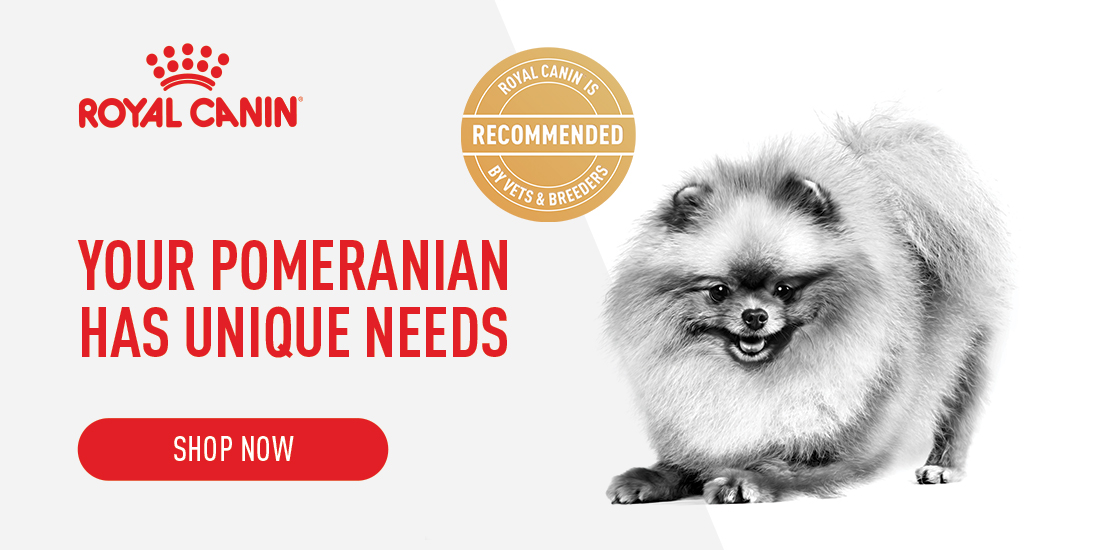Dog Breed
Pomeranian
Freindliness
Exercise Needs
Health Issues
Barking Tendencies
Grooming Needs
Shedding Level
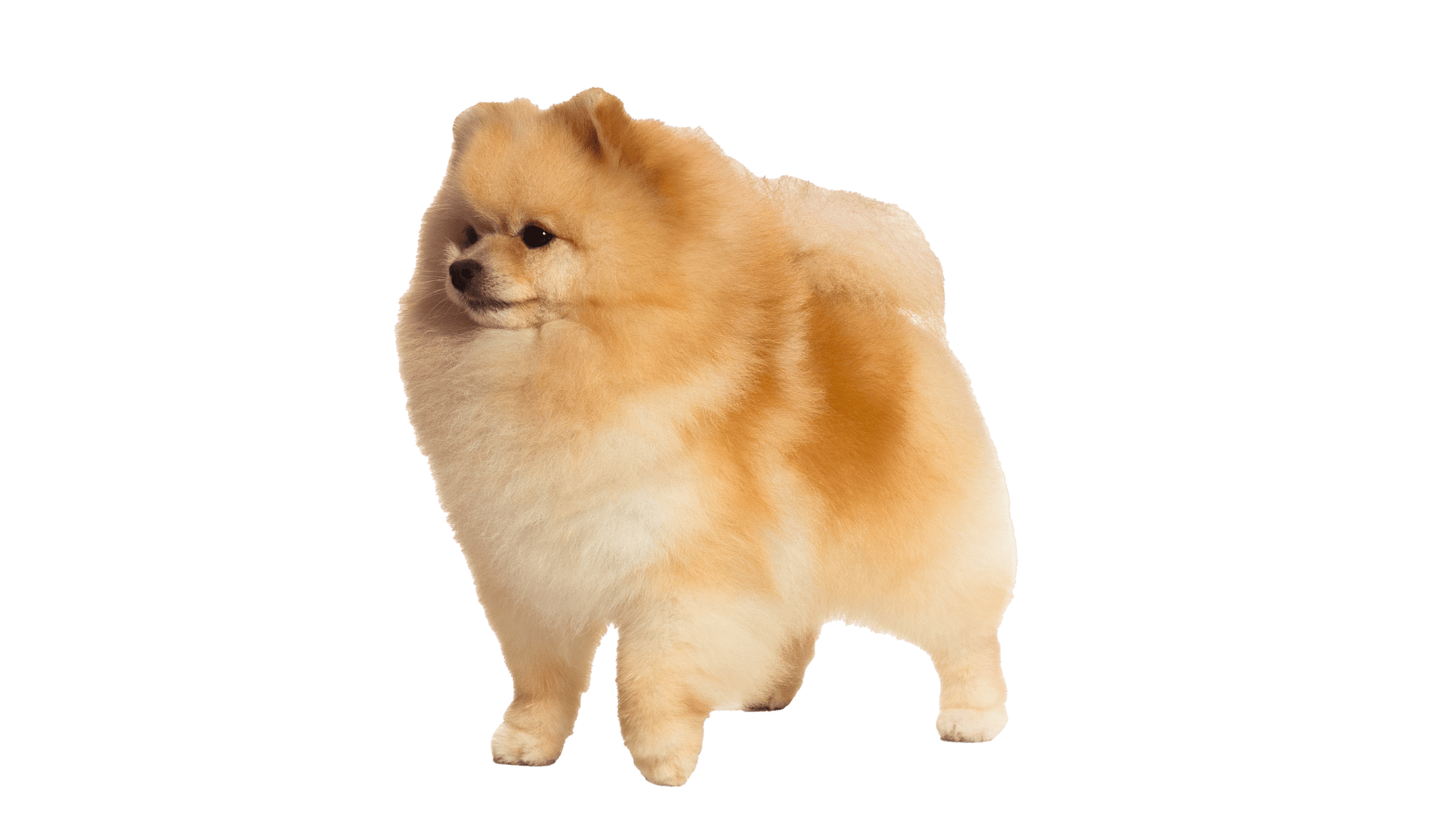

Sweet show-off
Pomeranians are lively, loveable dogs - helped by their gorgeous coat and smiling, foxy face. Known for their intelligence and outgoing personalities, they breeze through training and can make great watchdogs, thanks to their tendency to bark. Fun family pets, they do best with older children who understand they’re a toy dog, not a toy.
Surprisingly active, they love nothing more than playing, walking and running. Well, other than making you laugh and being your favourite lapdog that is.
Caring for your Pomeranian
Nutrition
Choosing the right food
Every dog is unique. From the small, flat-faced Pug to the obesity-prone Labrador Retriever. ROYAL CANIN® Breed Health Nutrition is tailor-made to address the unique needs of pure breed dogs. These breed specific formulas benefit from the latest ROYAL CANIN® research on the selection of the best protein sources, unique nutrients and tailor-made kibbles.
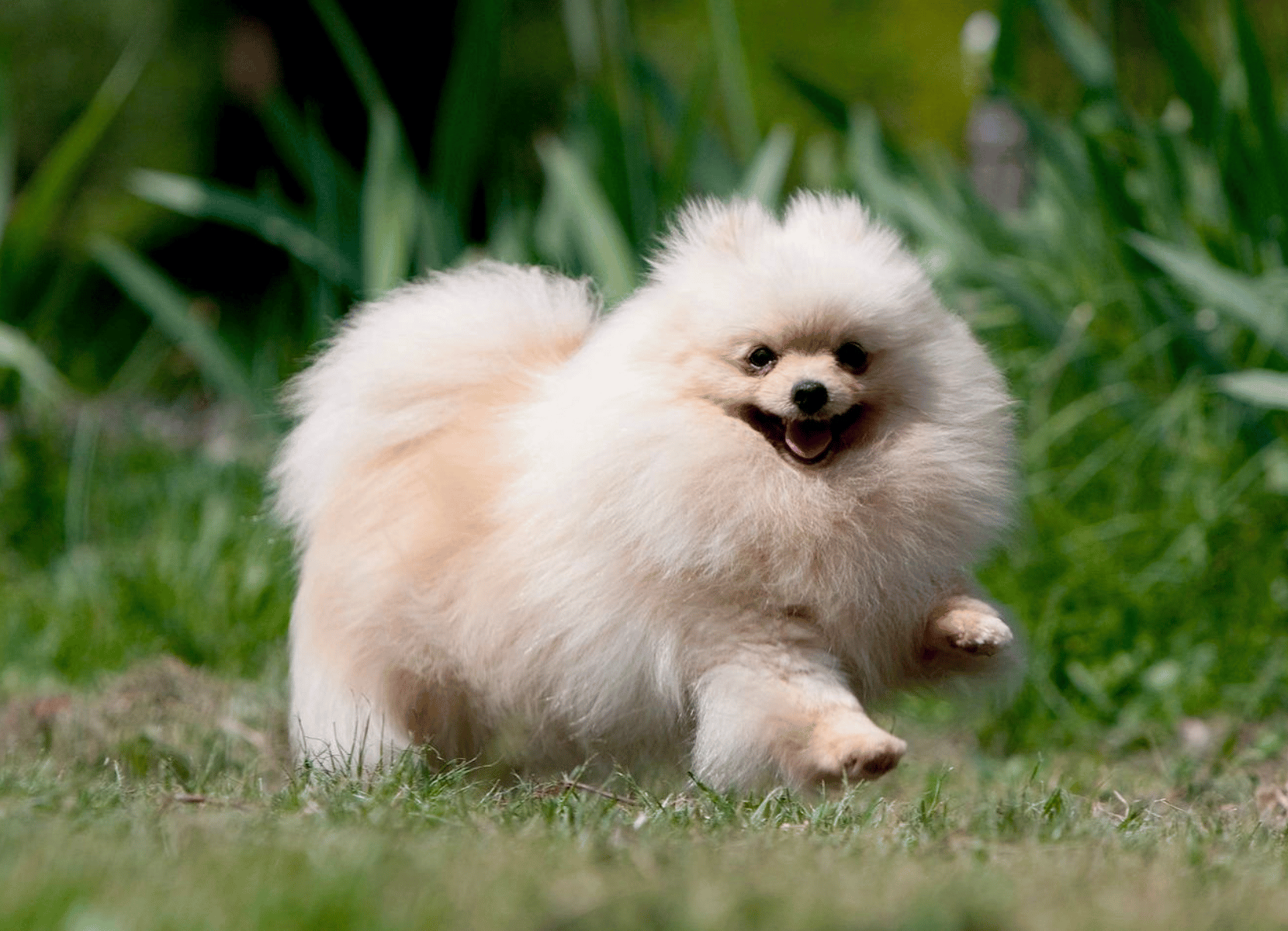
Exercising your dog
Pomeranians love running, playing and going for walks, a few 20-minute walks a day will keep them happy and healthy.
Throw them in the garden with the kids and they’ll enjoy playing games of fetch and spending time with squeaky, bouncy and crinkly toys together.
Make sure your garden is fully fenced. They’re notorious escape artists.
When you're in large open areas, it’s best to keep them on a lead. Go for a small dog lead that attaches to a harness around their chest. These are much safer, with their tendency to develop tracheal issues. Bigger dogs can also be a problem for tiny Pomeranians.
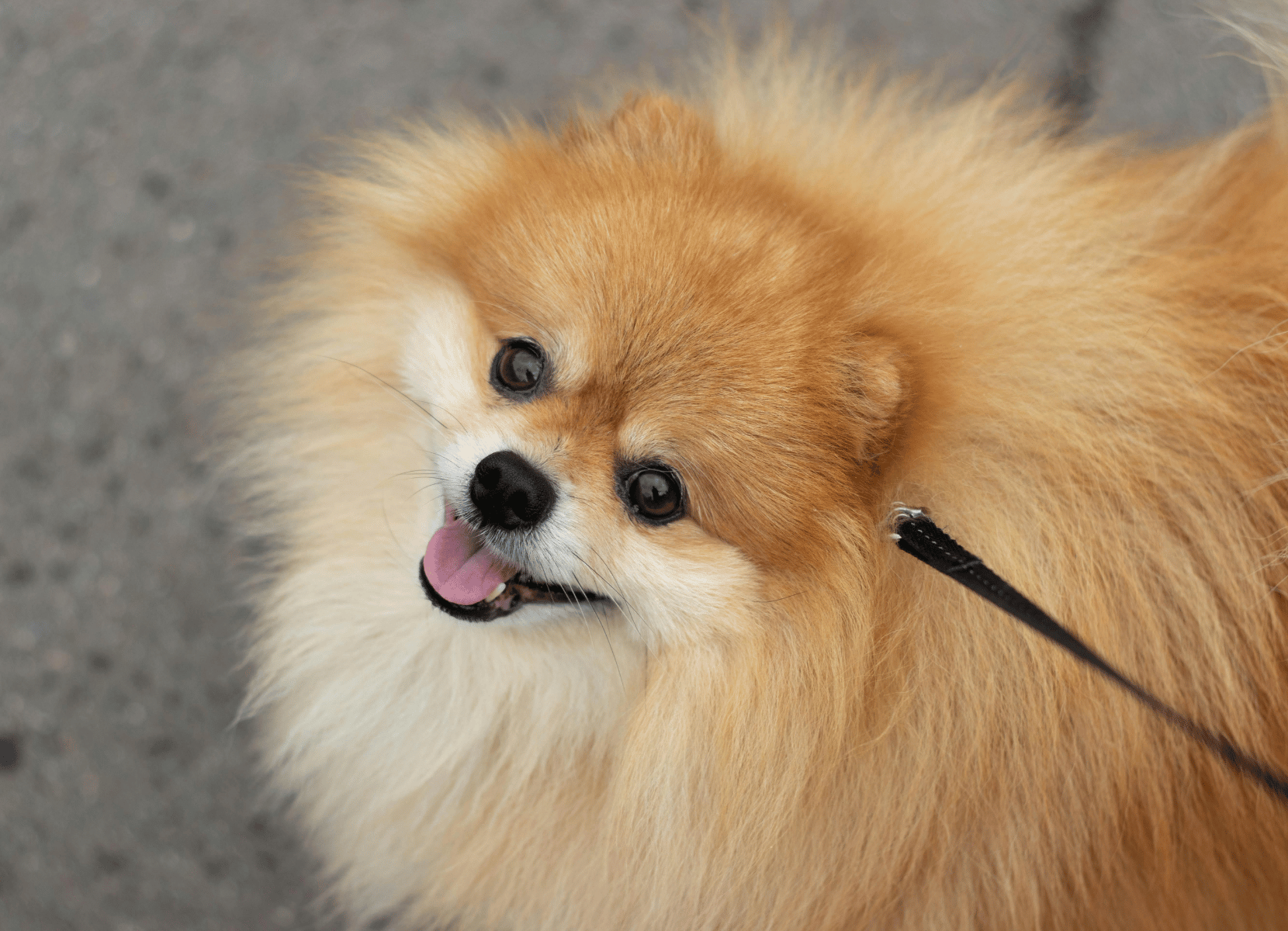
Training your Pomeranian
Put your Pomeranian’s alertness and smarts to work with daily training. Your first job should be training them to walk nicely on a lead and to come when they’re called. Their enthusiasm for learning combined with their intelligence means they’ll master the basics in no time.
The biggest training obstacle might be house training them - their bladders are tiny, afterall. Be consistent and patient with your training and stock up on training pads for those inevitable accidents.
Although they’re perfectly sized for sofa or bed cuddles, try to avoid your Pom jumping on and off sofas or beds. They can easily injure their joints or break a bone. Instead, either lift them up and down or invest in a ramp.
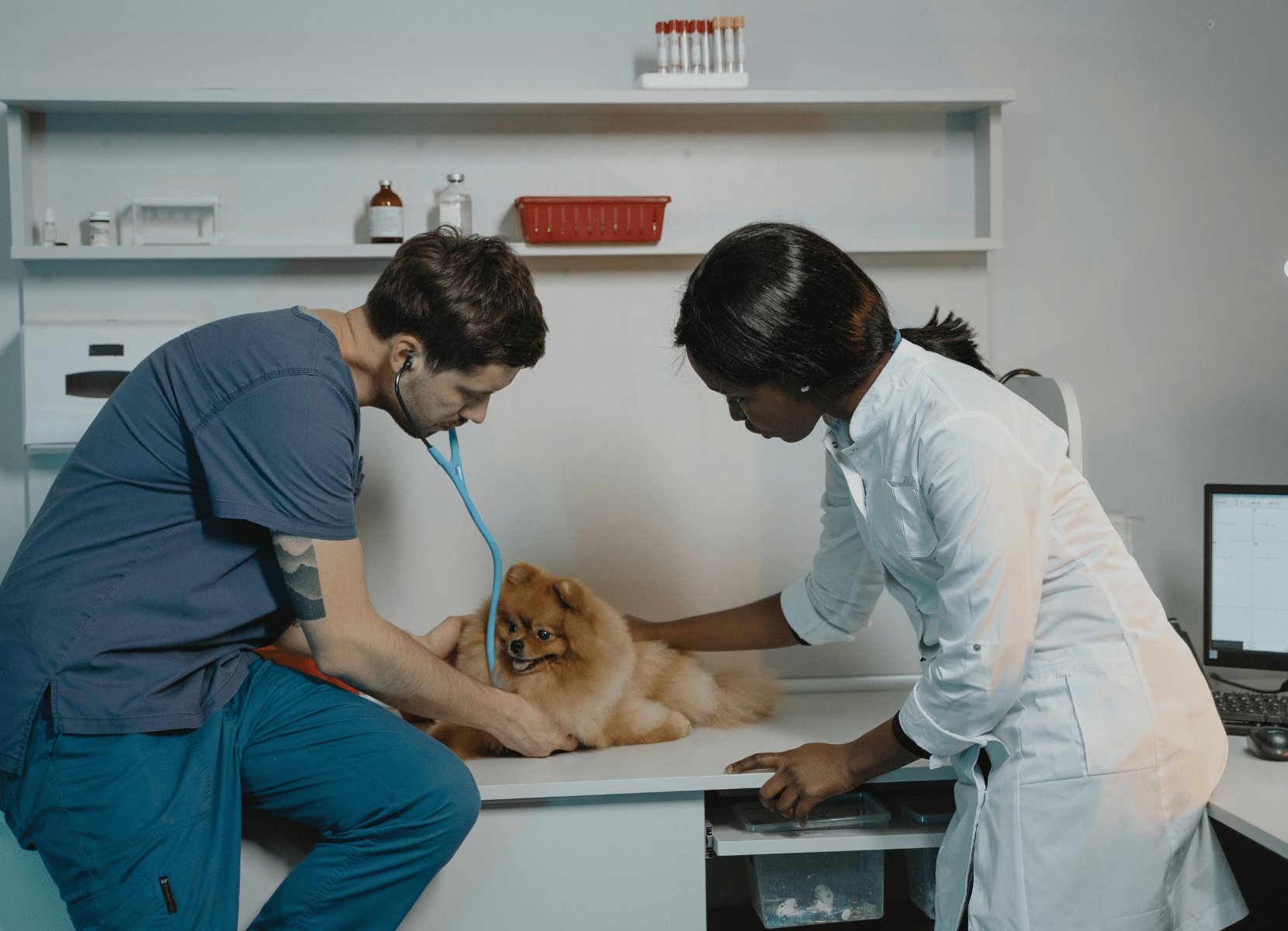
Your dog's health
By recognising health problems in Pomeranians early you can seek advice and treatment from a veterinarian.
Reduce the risk of health problems by purchasing a puppy from a responsible breeder. Always inspect breeding facilities and breeding dogs, and never buy from a distant online seller.
Health Issues to watch out for:
Collapsing Trachea
Low Thyroid Levels
Hair Loss
Low Blood Sugar
Joint Problems
Eye Issues
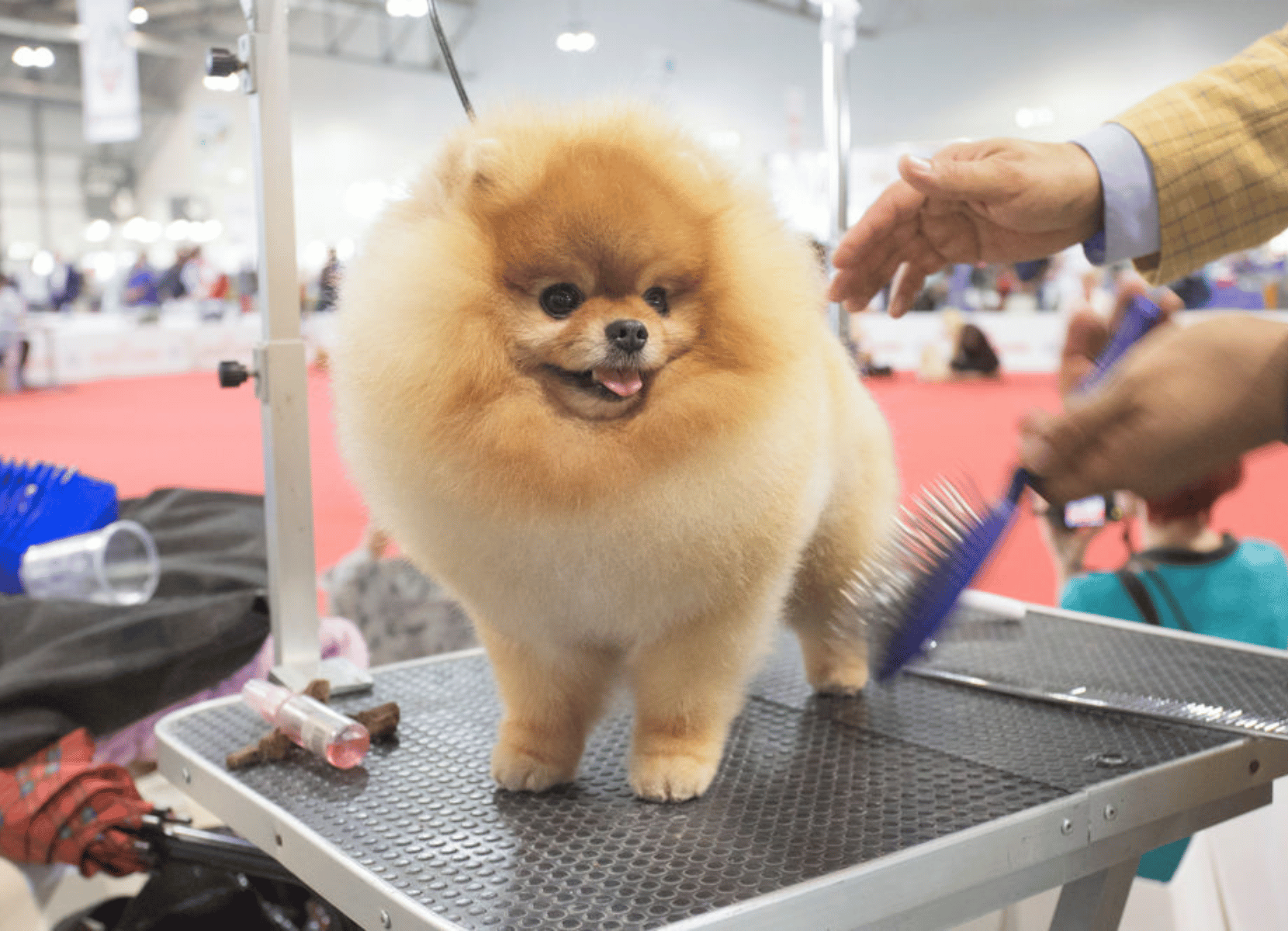
Grooming your dog
Your little lion will look best if their coat is brushed with a pin brush and a slicker brush a few times a week.
To keep them smelling sweet, go for a bath in warm water every 1 to 4 weeks. Pat them dry with a towel (avoid rubbing their fur, which can cause tangles) and then use a hairdryer to fluff them back up.
You might like to give them a regular haircut. You can do this yourself but if you’d rather leave it to the pros, you’ll need to treat them to a complete grooming package every 4-6 weeks.
Your Pom will enjoy a bath, brush and haircut plus a thorough ear clean as well as a nail clip. Their nails should be kept short - you can trim them every few weeks.
Key characteristics of Pomeranians
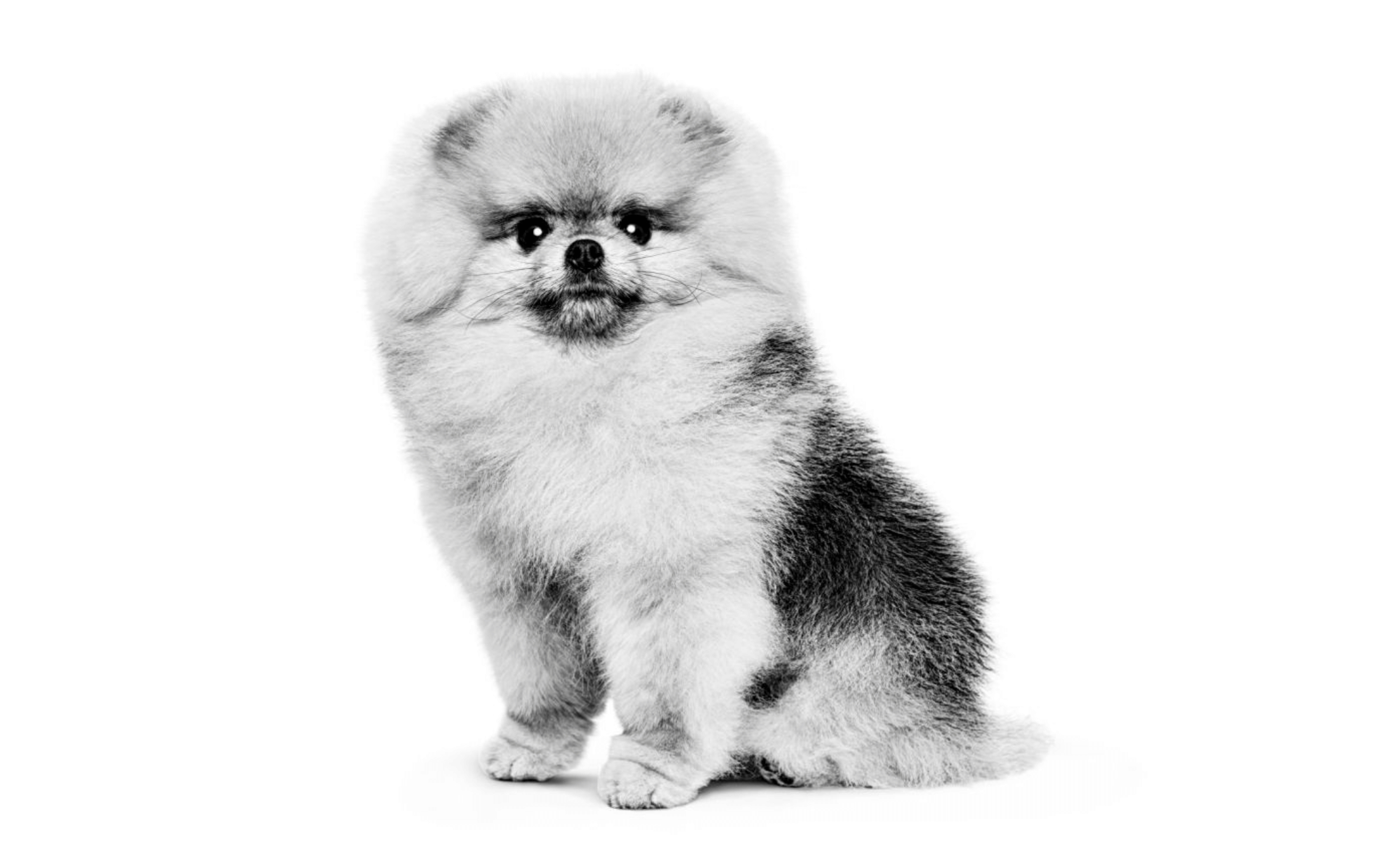
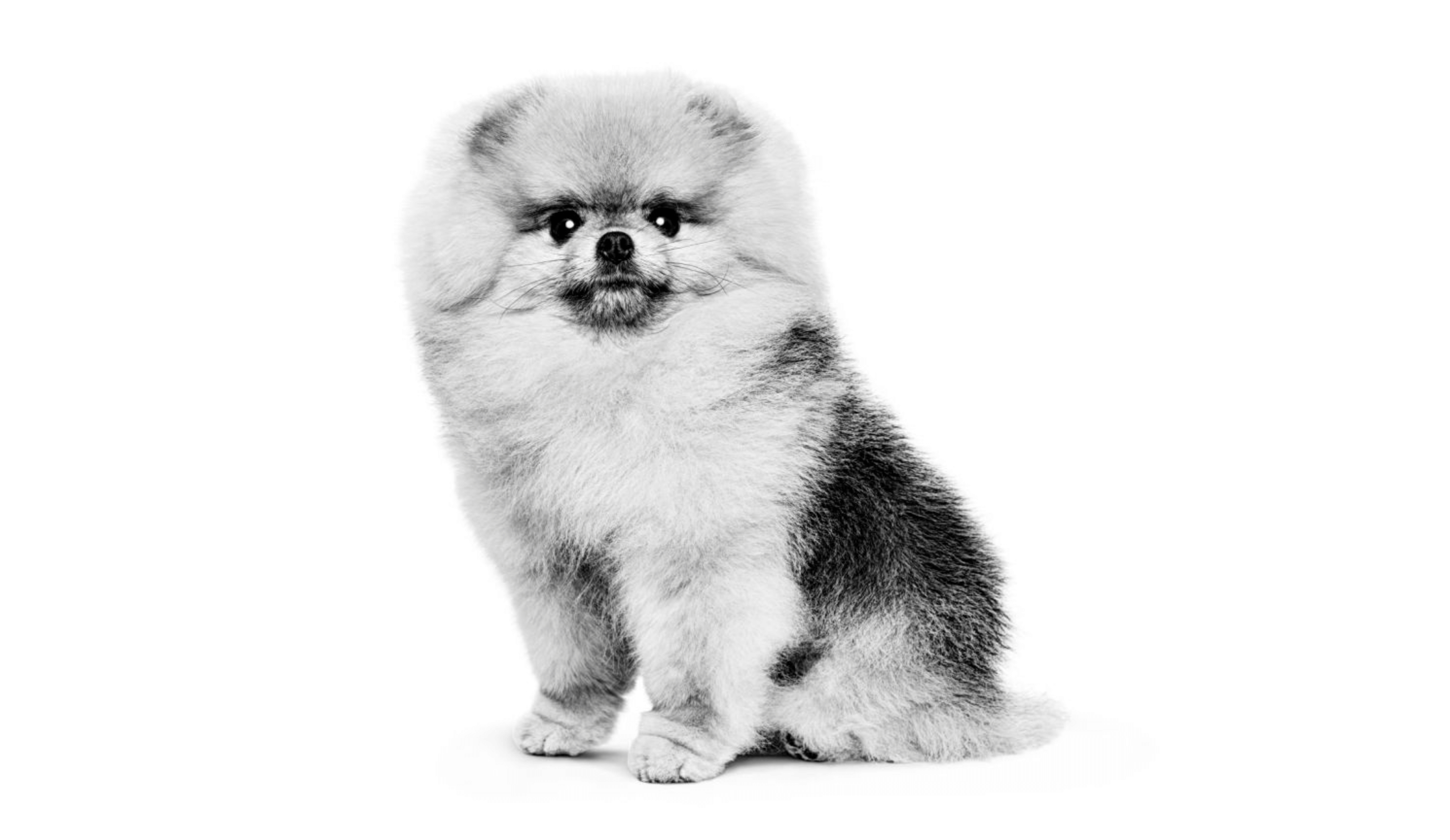
Pomeranian FAQs
Pomeranians are small, spirited, and full of personality. If you're curious about life with a Pom or already living with one of these fluffy companions, these FAQs cover commonly asked questions that go beyond the basics. From travel tips to toilet training and anxiety support, here's what else to know.
Are Pomeranians hypoallergenic dogs?
No, Pomeranians are not considered hypoallergenic. They shed year-round and have a double coat that can release dander, which may trigger allergies in sensitive individuals. Regular brushing and grooming can help reduce loose hair and allergens.
Do Pomeranians bark a lot?
Yes, Pomeranians are known to be vocal. Their alert, watchdog-like nature means they may bark at unfamiliar sounds or people. Early training and positive reinforcement can help manage excessive barking and encourage calm behaviour.
Can Pomeranians live with other pets?
Pomeranians can live happily with other dogs or pets, especially when socialised from a young age. Due to their small size and bold personality, they may need supervision around much larger dogs to avoid accidental injury.
Are Pomeranians prone to separation anxiety?
Yes, Pomeranians are companion dogs that thrive on human interaction. If left alone for long periods, they may become anxious or develop problem behaviours. Creating a consistent routine and using enrichment toys can help ease their stress.
Pomeranians can overheat quickly due to their thick double coat. In hot or humid weather, it’s best to keep them indoors during peak heat, provide fresh water, and avoid walks on hot pavement.
These FAQs offer helpful insight into life with a Pomeranian beyond the essentials. With their bold spirit, loyal nature, and fluffy charm, Poms can thrive in a variety of homes that offer attention, patience, and love.



